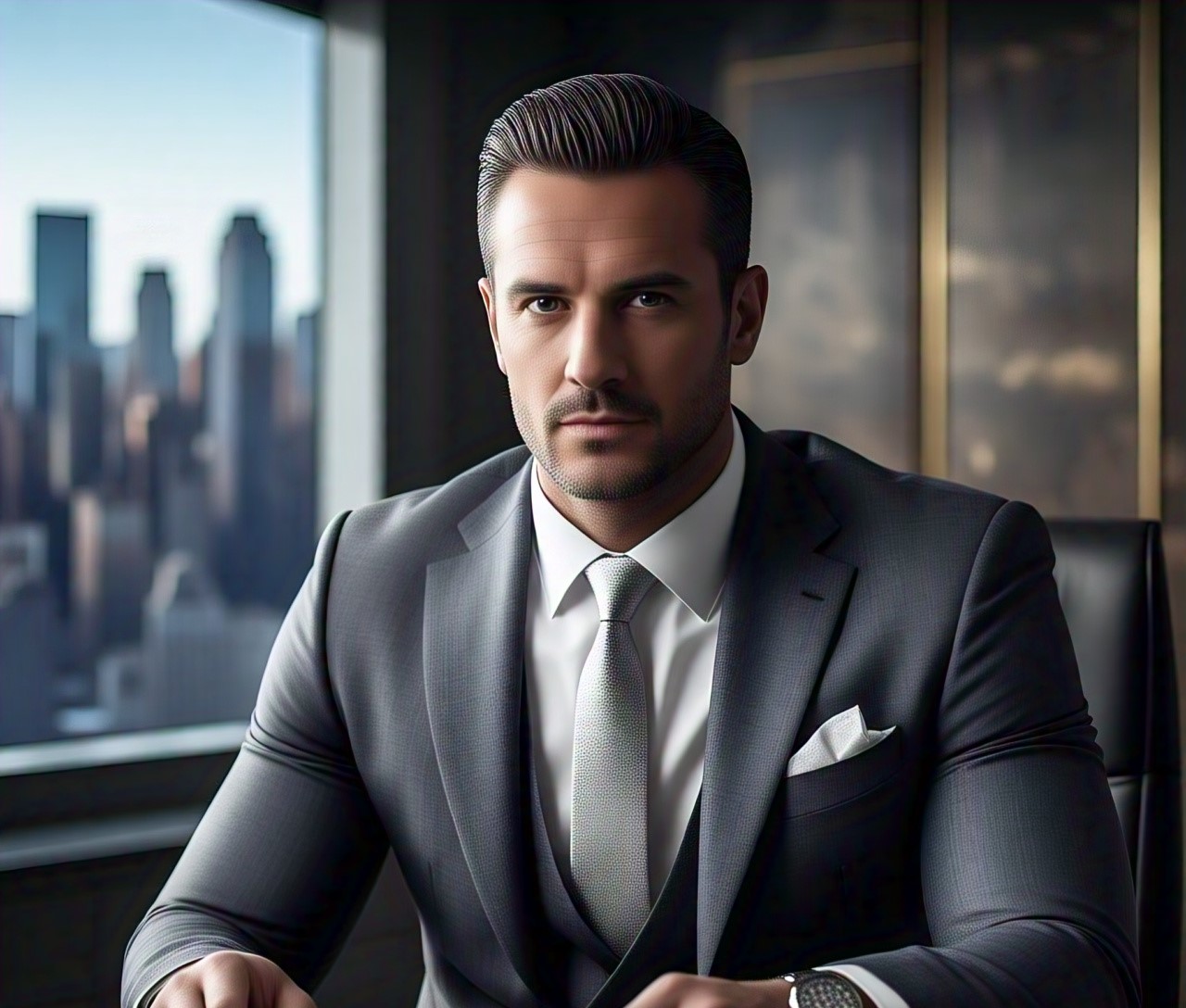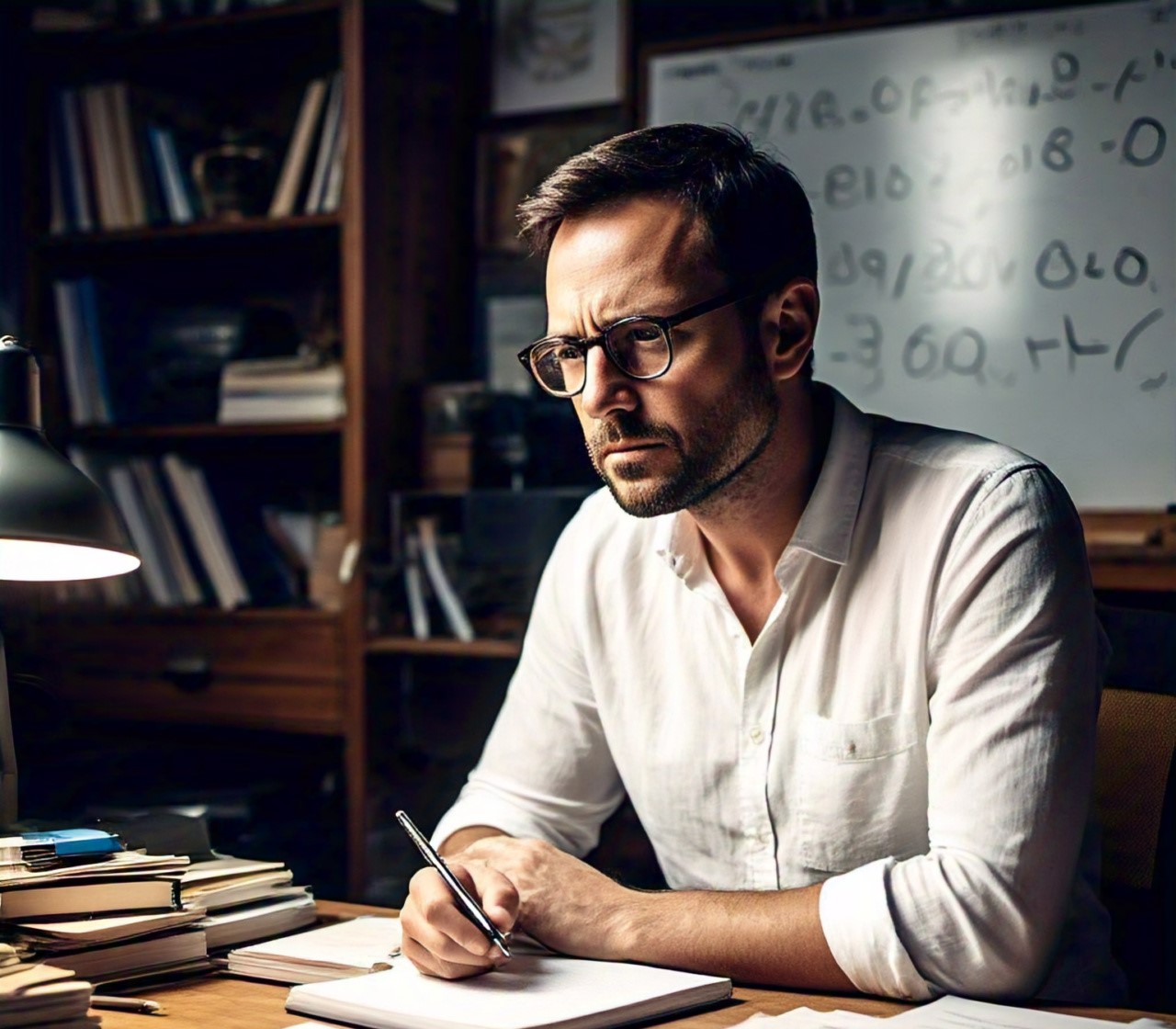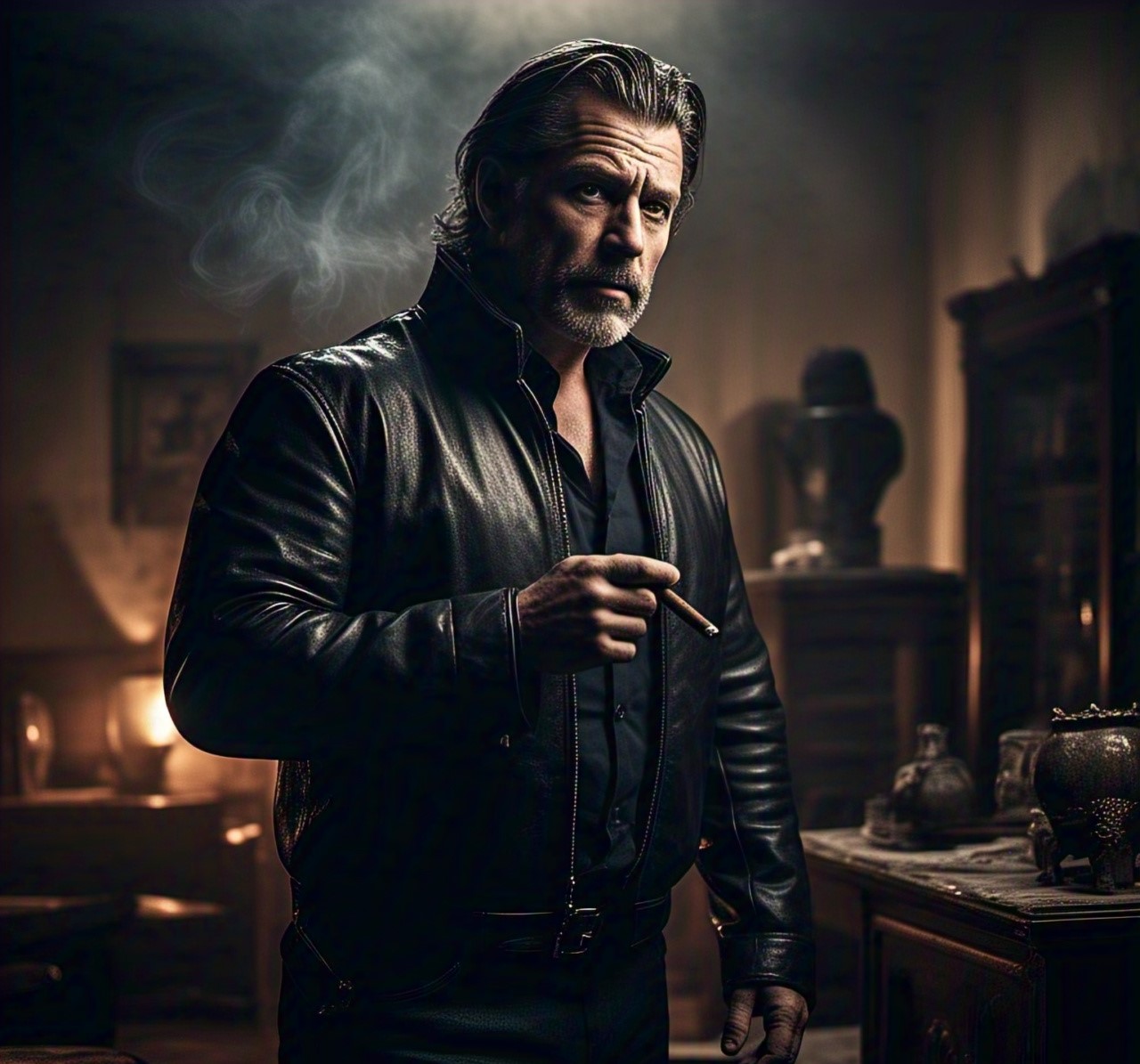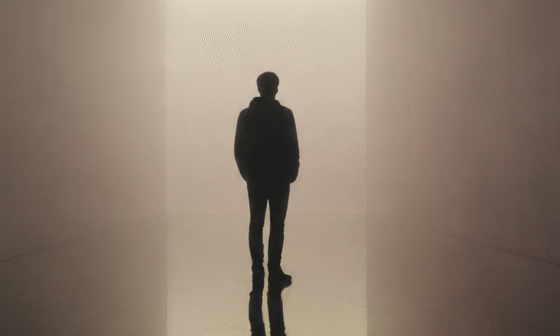Friedrich Nietzsche once wrote, “If you gaze long enough into the abyss, the abyss will gaze back at you.” It is a reminder that what we choose to focus on shapes who we inevitably become. The abyss is not merely a dark hole somewhere out in the cosmos; it is a metaphor for suffering, injustice, cruelty, and the unspoken emptiness that sometimes stares into the human soul. It is the accumulated weight of a world that has known war, grief, corruption, betrayal, and loss, and if we keep our eyes fixed on it, the abyss has a way of camping in us, imprinting its image upon our thoughts, our character, and our way of being.
You see, my dearest readers; life will never run short of pain, betrayal, or cruelty, and we cannot avoid them entirely, nor should we pretend they do not exist, but our gaze; what we choose to behold is one of the rare freedoms no one can take from us. In that choice lies the quiet power to decide whether we will be shaped by despair or by hope, by bitterness or by compassion, by the void or by the light.
The danger is subtle: We think we are merely observing the darkness, but in truth, it is shaping us even as we watch. To live constantly staring into the abyss is to risk becoming its reflection, but to turn, even slightly, toward beauty, purpose, and truth is to open ourselves to a different kind of shaping, the one that builds rather than erodes and corrodes.
In the end, the question Nietzsche leaves us with is not about the abyss itself, because it will always be there; the question is: Will we let it stare back and change us into its likeness, or will we behold something greater?
When the Darkness Calls: The Subtle Pull of the Abyss
The abyss does not always announce itself with thunder and lightning, and more often than not, it comes quietly like a shadow creeping across the floor, unhurried, almost unnoticeable. It does not need to shout; it only needs you to keep looking; it draws us in slowly, through outrage at the world’s injustices, through the endless scrolling of tragic headlines, and through the quiet rehearsal of old wounds that refuse to heal.
Friedrich’s warning is not a call for you to be naive, not at all; it is not about closing your eyes to suffering or pretending that evil does not exist, and even if you try to close your eyes, know this: Closing your eyes is not an excuse. It is about recognizing that prolonged, unbroken contemplation of darkness can tint the glass through which you see the entire world. It is like staring into a mirror that reflects only shadows, your soul begins to take on its darkness, and soon, you start to see enemies where there are simply fellow travelers, obstacles where there could be opportunities, futility (pointlessness and uselessness) where there might have been meaning.
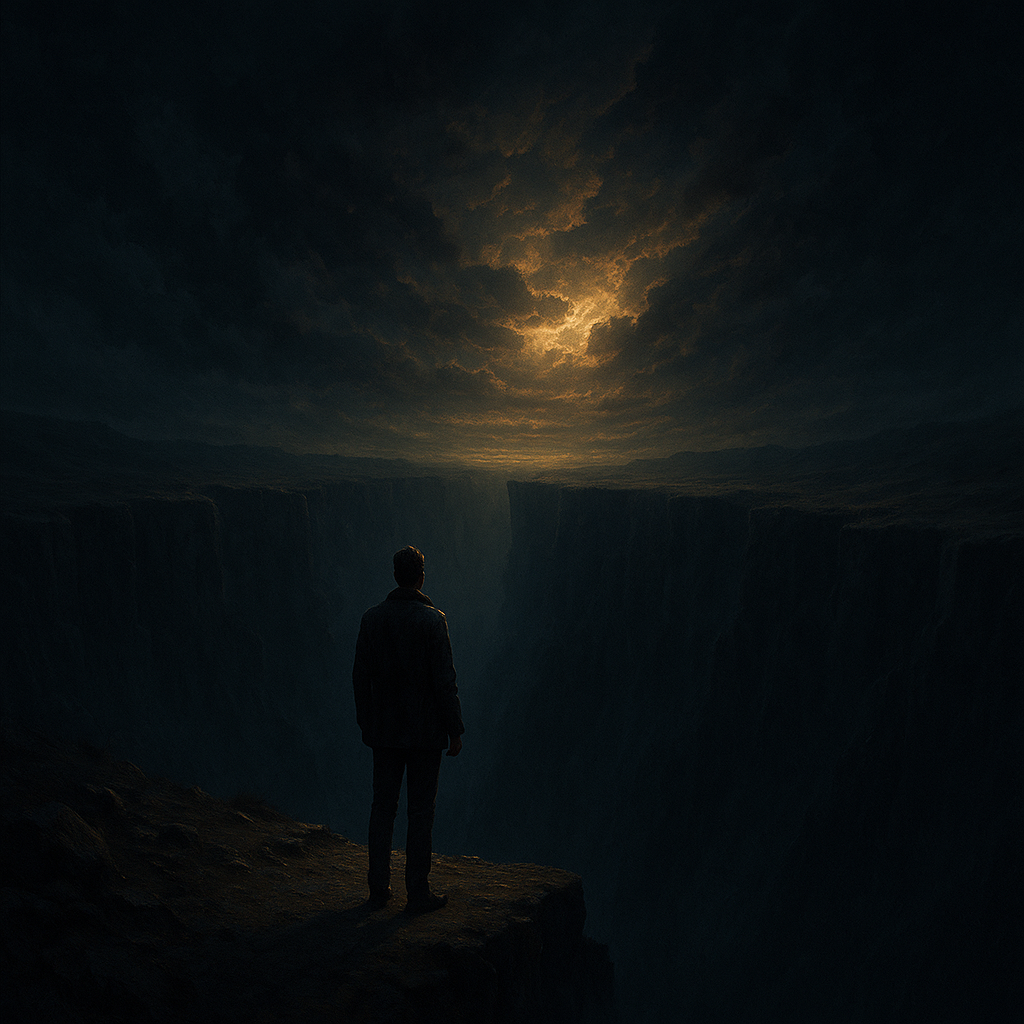
The pull of the abyss is dangerous precisely because it can mask itself as virtue; it feels like vigilance, like righteous anger, like a refusal to look away from what is wrong, and sometimes it begins that way with compassion for the suffering, with a genuine desire for justice, but over time, and without a counterbalance of light, that compassion hardens into bitterness, and that vigilance becomes suspicious of everything and everyone.
The danger is not in acknowledging darkness, the danger lies in letting it reframe the way you interpret all of life, and it happens subtly: You become fluent in bitterness, more comfortable with outrage than with peace, more at home in despair than in hope. And before long, the abyss no longer feels like something you are looking at; it becomes something that is looking back and shaping you into its own image. Again this is not to say that closing your eyes is okay, not at all.
It is a seductive lie most people too often than not, tell themselves: If I do not look at it, if I act like I did not see it, I am not responsible for it. If we can keep our eyes shut, then our hands will be clean, and our hearts untouched, and we can go on with life guilt-free, but deep down, we know better, at least for the most of us. To deliberately ignore what is wrong is to quietly and other times openly accept it. In other words, to stay silent in the face of danger, injustice, or corruption is to participate in it.
And another thing is this; this lie is not new. Following the Daily Stoic podcast by Ryan Holiday, in Shakespeare’s Richard III, the character Brackenbury receives a clear order that will result in the murder of an innocent man, and what was his excuse? “I will not reason what is meant hereby, because I will be guiltless from the meaning.” But history and morality do not accept that kind of denial, and according to Ryan Holiday, neither does Stoicism.
Continue Reading: Closing Your Eyes Is Not An Excuse
Turning Toward the Light: Choosing Purpose Over Despair
If the abyss is the mirror of despair, then light is the mirror of hope, and hope like darkness is not an accident of circumstance; it is a deliberate focus; it is something we choose to behold, often against the suffering and friction of our emotions and the evidence before our eyes.
Turning toward the light is not about denying the existence of darkness; it is about refusing to give it the final word; it means letting your attention be shaped by purpose rather than emptiness, by vision rather than futility. It is the discipline of seeking solutions rather than endlessly seeking out and finding problems, of building bridges instead of just mapping the disasters.
To choose the light is to say, “Yes, the world is broken, but I will not let its fractures dictate the shape of my own soul.” It is to live in full awareness of pain without surrendering to it, to look at the world’s injustice without letting it twist your view of humanity into something cold and cynical.
Friedrich Nietzsche’s words “If you gaze long enough into the abyss, the abyss will gaze back at you,” are not a command to turn away from reality, but a warning to us, for us to guard our spirit while facing it. We can acknowledge the abyss without making it our address; we can confront evil without allowing it to dictate the tone of our hearts, and we can engage with suffering while still allowing ourselves to be shaped by beauty, kindness, and purpose.
Choosing purpose is not an escape from reality; it is a redefinition of how we live within it. It is the conscious decision to carry light into dark places, to create where destruction reigns, to plant seeds in soil that others have given up on. It is the quiet, resilient defiance of despair.
When we behold the light, we give ourselves permission to imagine, to create, to build, to heal, to love even in a world that seems determined to destroy, and slowly, as we keep our gaze fixed there, the light begins to gaze back, shaping us into its likeness.
So and again, my dearest readers, please guard your heart! Please guard your heart!
Have you ever felt like life keeps pulling you in different directions, some good, some not so great? So much so that it starts to create a void in your heart, builds up a burden and even starts to feel like physical pain, almost like your bleeding from your chest; I think there is a medical term for that, I can’t bring myself to remember at the moment, but the truth is, with a certain level of conviction, everything we do, say, and even believe starts in the heart. That’s why Proverbs 4:23 gives us this powerful instruction:
Guard your heart above all else, for it determines the course of your life. – Proverbs 4:23 NIV
As we always do, let’s think about it together; your heart is like the control center of your life. What you let in affects your thoughts, decisions, and even your future. So, how do we protect it from negativity, heartbreak, and distractions while keeping it open to love, joy, and faith?
Continue Reading: Guard Your Heart Above All Else
Shaped by Hope, Not by the World’s Shadows
We are shaped by what we behold. Look long enough into fear, and fear will start to line into your thoughts until it governs your choices. Look long enough into bitterness, and bitterness will take up residence in your bones, stiffening your compassion and souring your joy. But look long enough into love, and you will begin to carry it like a quiet fire into every room you enter, warming others without even realizing it.
The abyss is real, but it is not the only mirror. Every day, the world offers us its reflections, mirrors clouded with anger, resentment, cynicism, and hopelessness, and you want to know something? They are easy to find, because they demand little from us; they require no faith, no courage, no discipline of the heart, but choosing to behold the light is an act of resistance; it is the deliberate rejection of the shaping power of those shadows.
Again, Friedrich’s warning “If you gaze long enough into the abyss, the abyss will gaze back at you,” is as much about self-preservation as it is about philosophy. It is the understanding that our gaze is not passive; it is formative. And that when we stare too long into the abyss of the world’s pain without balancing it with beauty, joy, and purpose, we do not just observe emptiness, we begin to embody it; we start to speak its language, to breathe its air, to carry its chill wherever we go.
But when we deliberately behold the light, even in the smallest ways, seeking out kindness, nurturing gratitude, protecting our sense of wonder, we begin to reflect something greater than the darkness around us; we become living contradictions to despair, and the world, starved for hope, notices this light in us and with more deliberation from us, we start to change those around us.
So again, my dearest readers, the question has never been whether the abyss exists; it does, and it always will; the real question is far more personal, and far more urgent: Which mirror will you choose to stand before, and what will you allow it to make of you?
Read Also: The Beautiful Mind: Planting What Is Pure and Lovely
Read Also: Virtue Doesn’t Compare: Stop Justifying Wrong by What Others Get Away With
Read Also: Love Not Hate: How Love Conquers Resentment
Conclusion
The abyss will always be there, an open void of injustice, suffering, and despair. Friedrich Nietzsche’s words remind us that it is not only what we look at that matters, but how long we choose to look. The longer we stare, the more it stares back, shaping us in ways we may not even notice until our hearts have grown heavier, colder, and more like the darkness we sought to understand.
But there is another way. We can acknowledge the abyss without surrendering to it; we can confront the world’s pain without letting it eat us inside out. We can choose, day after day, to behold the light, to let hope, purpose, and love be the mirrors that shape our lives.
Because in the end, the battle is not only against the darkness out there, but against the shadows that seek to form within us. What we behold, we become, and so the choice stands before each of us: Will we let the abyss write its reflection upon us, or will we turn toward the light and reflect something greater?
